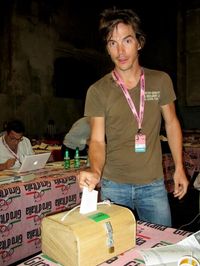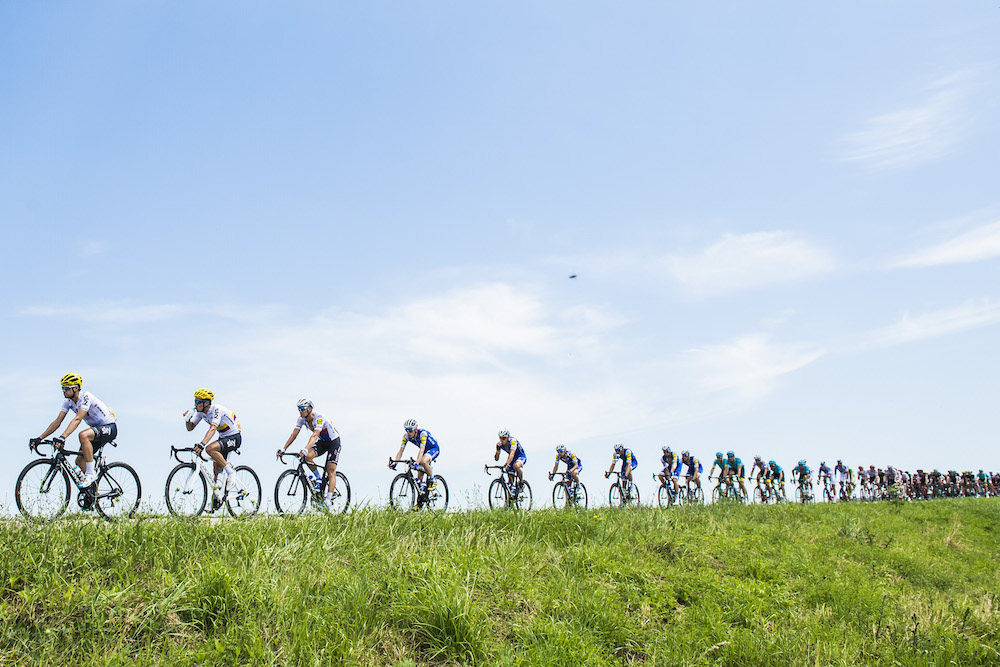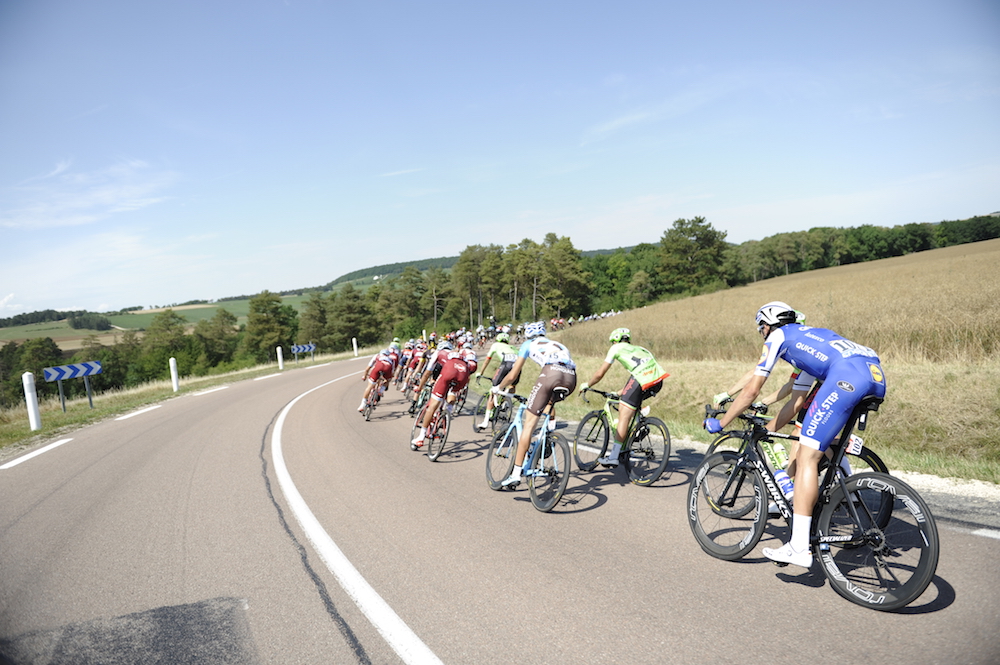Shortening 'pointless' long Tour de France stages would make race more exciting, say riders
The first week of the Tour de France has had several days of more than 200km, which riders say would probably still finish in a sprint even if they were shorter


Riders on the sixth stage of the 2017 Tour de France (ASO)
The latest race content, interviews, features, reviews and expert buying guides, direct to your inbox!
You are now subscribed
Your newsletter sign-up was successful
Riders and teams say the Tour de France's 200km-plus "pointless" and "dull" stages could be shortened and the organiser would have the same result.
The Tour peloton covered 216 kilometres in stage six to Troyes and in stage seven, 213.5 from Troyes to Nuits-Saint-Georges.
>>> Team Sky domestiques enjoy ‘easiest week in a Grand Tour ever’ ahead of first mountain stages
A parasol blowing onto the road ahead of the peloton was the only thing of note in stage six on Thursday before the final five kilometres and sprint win by Marcel Kittel (Quick-Step Floors).
"To me, it's a little bit pointless," Brit Daniel McLay (Fortuneo-Vital Concept) said.
"It may not be the best thing to say for cycling, but it's [stage seven] going to be dull."

Critics argue that shorter stages in both the mountains and on the flats produce more action.
The latest race content, interviews, features, reviews and expert buying guides, direct to your inbox!
"I don't think it'd change much, but I think you'd see a better stage if it was 160 to 180 kilometres. It's not necessary to be over 200K," McLay added.
"You'd see more than two or three people wanting to go in the break if it was shorter. And if the wind kicks up, they will try to split it, but they will wait until the end when they can control it. If it was shorter, they'd try so right from the start.
"They are long and it's the same outcome if it's 160 or 213 kilometres, but that's the way it is," Geraint Thomas (Sky) said. "Tradition? Yeah, but that's one tradition I wouldn't mind seeing slip away.
"The short stages are much more exciting and intense. These sprint stages are generally always a sprint whether it's 160 or 220, not a lot affects it. Even if there are strong winds, and it's 220k, I can't see it splitting after kilometre zero, but if it was 160, it might."
In recent times, riders have battled from the start if the distance is manageable. Nairo Quintana and Chris Froome used the short 100-kilometre stage to distance Chris Froome in the Vuelta a España in 2016.
"Or in the stage to La Planche des Belles Filles in the Tour this year," said Eusebio Unzué, manager at team Movistar. "It wasn't very long [160km], but they raced all-out, all day.
"The distance of the long stages are part of cycling's story, but I think that in modern cycling you get much more out of stages with just two mountains. The good thing about a Grand Tour, the organiser has 21 to have a bit of everything."
Watch: What will happen in Tour de France 2017 week two?
The organiser's logistics come into play. In the Giro d'Italia this year, RCS Sport had to cover ground from Sicily to the Alps that could be done by long stages or long transfers at night.
"If they just have true point to point stages, where the stage starts where it left off the evening before, then they don't have opportunities to make it shorter," Lotto-Soudal sports director Frederik Willems said.
"It's part of 'Touring' France. We have to do the distance to get there. And if the town like Troyes wants to pay for the finish and then the start, then you have to race the distance to do it. If they pay the money, then it's normal that we have to do the distance."
The Tour continues its trend in the second and third week with two 200-plus sprint stages, including one at 222.5 kilometres, and a 214.5 kilometre mountain stage.
The shorter is better theory will be tested in stage 13, only 101 kilometre through the Pyrenees to Foix.
Gregor Brown is an experienced cycling journalist, based in Florence, Italy. He has covered races all over the world for over a decade - following the Giro, Tour de France, and every major race since 2006. His love of cycling began with freestyle and BMX, before the 1998 Tour de France led him to a deep appreciation of the road racing season.
